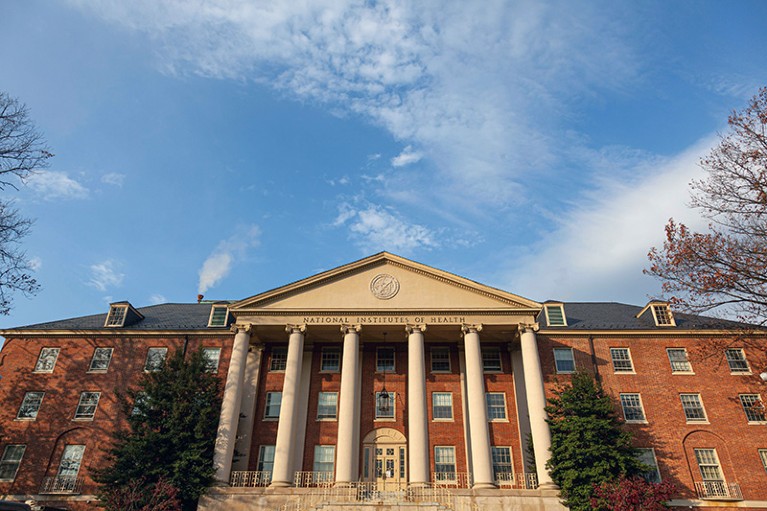Hello Nature readers, would you like to get this Briefing in your inbox free every day? Sign up here

In May, the NIH will begin requiring scientists applying for grants to submit copies of any contracts or agreements they have with foreign institutions.Credit: Grandbrothers/Alamy
Call for clearer rules on science espionage
US universities say they need more clarity on how to implement a long-awaited set of rules designed to protect the country’s science from theft by foreign spies. The National Institutes of Health is the first US agency to act on research security guidelines that were published by the previous presidential administration. Universities also want guidance on addressing concerns over how these rules could exacerbate racial profiling of scientists of Chinese descent.
JAMA podcast and structural racism
Physicians say a controversial podcast by the Journal of the American Medical Association (JAMA) has further exposed a seam of racism that runs through medicine and medical publishing. The recording, in which two white JAMA editors discussed structural racism, has led to the journal’s editor-in-chief being put on administrative leave. “A lot of the ways people talk about racism are abstract. This podcast made it very concrete,” says anthropologist Clarence Gravlee, who wrote an in-depth analysis of the episode’s issues. “You hear all of the ways white people misunderstand racism, and you hear it all in just 15 minutes.”
421.21 parts per million
The highest ever daily average of atmospheric CO2 was recorded on Saturday at the Mauna Loa Observatory in Hawaii, which has been recording since 1958. (The Washington Post (paywall) | 6 min read)
Features & opinion
The science of sex in elite sport
Sport has a long history of policing who can participate in women’s categories. But as attempts at sex testing became ever more sophisticated, they served only to reveal the difficulty — if not impossibility — of defining a hard boundary between female and male. Some sporting bodies moved on to testosterone measurements, but the evidence linking the hormone to an unfair sporting advantage is unclear. More broadly, the process of sorting athletes by their sex has raised difficult questions around medical ethics and human rights that are a long way from being answered.
This article is part of Nature Outlook: Sports science, an editorially independent supplement produced with the financial support of Lonza.
How to get to grips with English
Nanobiotechnologist Roey Elnathan, who grew up speaking Hebrew, explores the quirks of the English language for science writing and how to overcome them.
